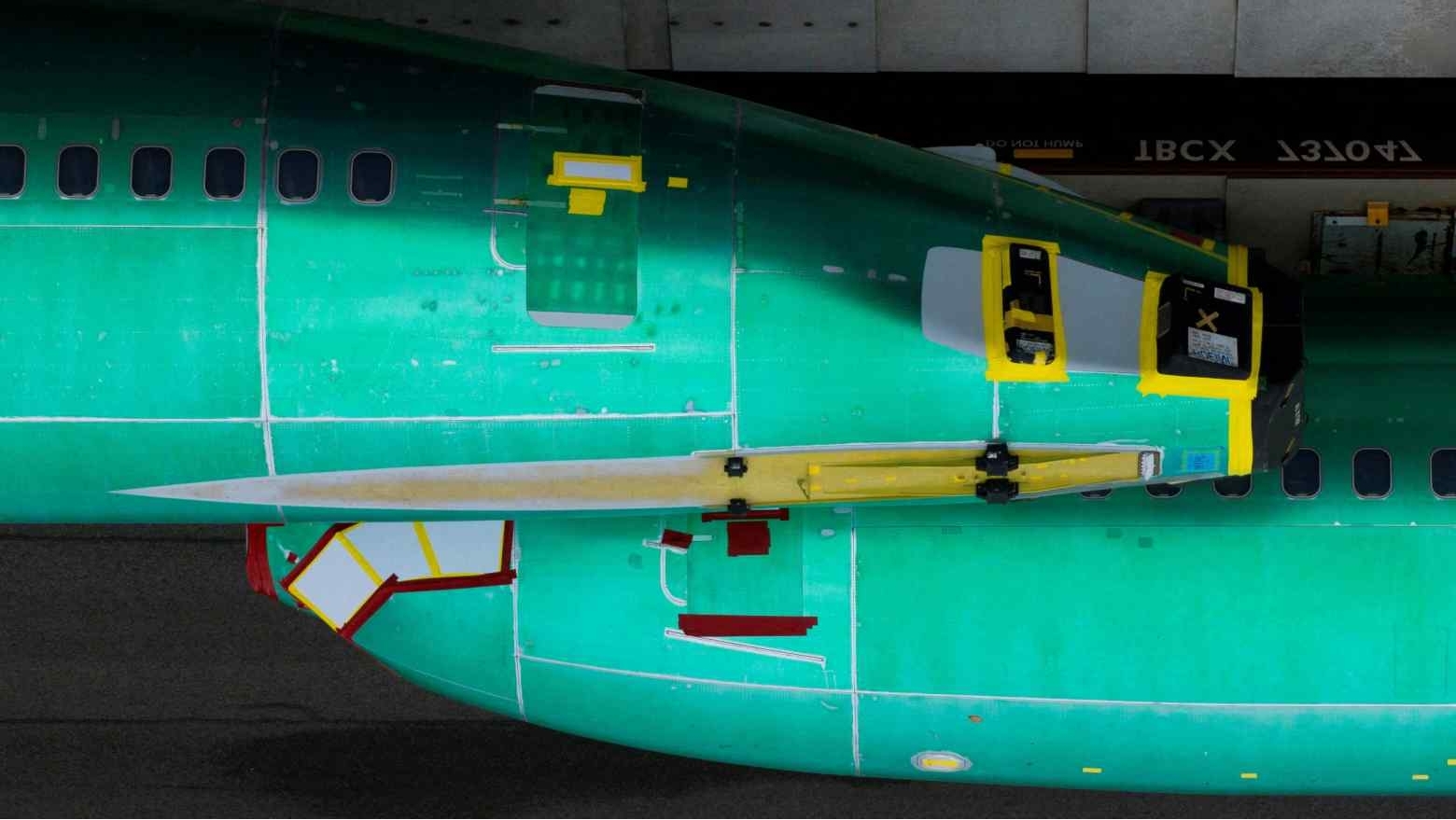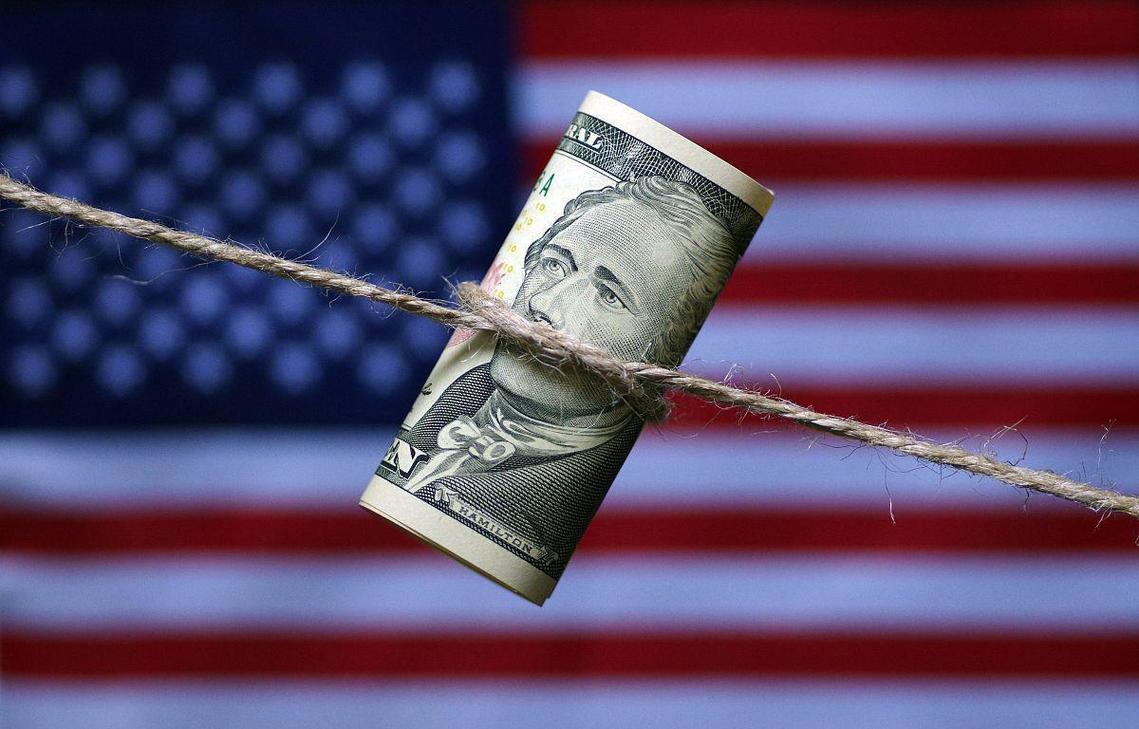
Recently, tensions between the United States and Russia have continued to escalate, bringing many uncertainties to the global economic and political landscape. With the announcement of the suspension of the procurement of titanium from Russia by international aviation giants such as Boeing in the United States, this decision not only affected the aviation industry chain, but also unexpectedly made Japan emerge in the international titanium market and become the "dark horse" of alternative titanium suppliers. This change reflects the complex geopolitical landscape and the fragility of the global economic supply chain.
Titanium is a material with light weight and high strength, which is widely used in aviation, automotive, electric power, electronics and chemical industries. Especially in the aviation industry, the importance of titanium metal is self-evident, is an indispensable important raw material for the manufacture of commercial aircraft. Russian state-owned enterprise VSMPO-AVISMA, as the world's largest supplier of titanium sponge and titanium materials, has been providing a large amount of titanium for Boeing, Airbus and other aviation giants. According to data, one-third of Boeing's titanium production needs come from VSMPO-AVISMA, while European aviation giant Airbus relies on Russian titanium to reach 50%.
Tensions between the United States and Russia, especially after the outbreak of the Russia-Ukraine conflict, the United States has escalated economic sanctions against Russia, eventually affecting the supply of raw materials for the aviation industry. Boeing announced a suspension of titanium purchases from Russia, a decision that, while seemingly an economic blow to Russia, also poses a risk of supply chain disruption for Boeing itself. At the same time, Europe's Airbus, although it is difficult to completely get rid of its dependence on Russian titanium in a short time, is also facing the challenge of future supply chain uncertainty.
In this context, Japanese titanium enterprises ushered in unprecedented opportunities. Japan is one of the world's major titanium producers, and its titanium raw materials mainly come from Australia, Canada, Malaysia, Indonesia and other countries. Japan's titanium industry is mainly concentrated in Hiroshima Prefecture, Yamaguchi Prefecture and Hokkaido region, of which Hiroshima Prefecture's titanium industry is the largest, accounting for more than 60% of Japan's total production. Japan's titanium is mainly used in aviation, automotive, power, electronics, chemical and other industries, and is an important industrial raw material.
Because Japan has a complete titanium industry production technology, as well as rich titanium resources reserves, making Japanese titanium enterprises in the international market has a strong competitiveness. When aerospace giants such as Boeing began looking for titanium suppliers outside Russia, Japanese titanium companies were quick to seize the opportunity. According to Bloomberg News, Japan's Toho Titanium has received a series of orders from the U.S. airline industry, with customers requesting an additional 2,000 to 3,000 tons of titanium sponge supply by the end of the year. Hiromu Tomeba, corporate planning manager at Dongbang Titanium, said US customers were asking for more supply because they were worried about future purchases and wanted to build up inventories to prepare for threatened business continuity.
To meet customer demand, Dongbang Titanium will make full use of the additional capacity of its Saudi joint venture, which opened in 2019, and ship existing inventory from Japan to meet new orders. It is reported that Dongbang Titanium's Saudi plant was originally intended to supply non-aviation customers, but is expected to be approved by the end of April this year to supply aircraft manufacturers. The plant's capacity utilization rate is expected to rise from 40% now to 60% by June, to 70% in the third quarter, and possibly even higher next year, Tomeba said.
However, not all Japanese titanium companies are benefiting from this supply chain change. In an interview, Osaka Titanium said that it has not received additional orders, reflecting the difference in competitiveness and market share of the companies in the international market. In addition, although Japanese titanium companies have seized the current market opportunities, in the long run, the scarcity of titanium resources and the increase in global demand make the future supply of titanium metal still facing uncertainty. Douglas Harned, an analyst at Bernstein, points out that manufacturers had stockpiled titanium before the current conflict broke out, but if current conditions persist there could be shortages next year.
Under the tensions between the United States and Russia, the phenomenon of Japan becoming an alternative titanium supplier is not only a reflection of the current geopolitical pattern, but also a warning of the vulnerability of the global economic supply chain. In the context of globalization, national economies are interdependent, and policy adjustments or geopolitical conflicts in any one country can have profound effects on global supply chains. Countries should strengthen international cooperation and jointly safeguard the stability and security of the global supply chain so as to achieve mutual benefit and sustainable development.
The tension between the United States and Russia has brought challenges to the global aviation industry chain, but it also provides opportunities for Japanese titanium companies. This change once again reminds us that in today's globalized world, countries should strengthen cooperation and jointly deal with uncertainties to maintain global economic stability and prosperity.

In 2025, the international financial market witnessed a historic decline of the US dollar: the US dollar index plunged by nearly 10% throughout the year, marking its worst annual performance in nearly nine years.
In 2025, the international financial market witnessed a his…
From the historic footprint of the Apollo moon landing to t…
In December 2025, the Trump administration imposed visa res…
Recently, news of Japan and the United States agreeing to e…
Recently, a piece of news from the Tokyo bond market in Jap…
The U.S. economy in December 2025 resembles a meticulously …